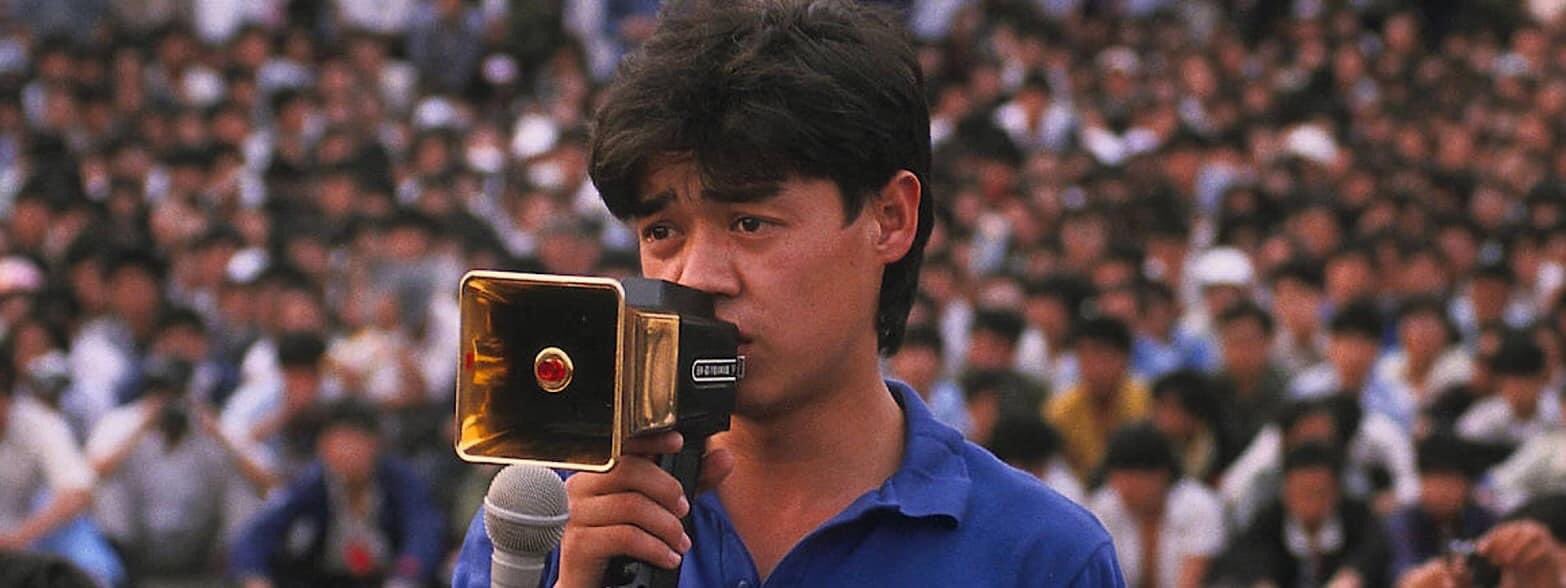Örkesh Dölet was a student leader at the Tiananmen Square protests in 1989. He was an undergrad in the Education Department in Beijing Normal University at the time
By Nuria Khasim – Originally published in The Guardian
In a deeply personal and evocative piece for The Guardian, Uyghur writer and advocate Nuria Khasim reflects on the life and legacy of Örkesh Dölet — a Uyghur student leader who took part in the 1989 pro-democracy protests in Tiananmen Square and has lived in exile ever since.
Khasim begins with memories from her childhood: annual visits to an elderly Uyghur couple living in a worn-down Soviet-era apartment building. It wasn’t until later that she learned these were the parents of Örkesh Dölet, and they had not seen their son in over 20 years. Though she didn’t understand the full weight of their story as a child, she now sees it as part of a greater narrative of sacrifice, resilience, and loss — one that so many Uyghur families know intimately.
Growing up in Beijing, Khasim was shielded from the truth of what happened in Tiananmen Square. Like many others born under China’s strict censorship, she never learned about the massacre or the symbolic power of “Tank Man.” But her journey toward political awakening brought her back to these silenced histories — and to the legacy of figures like Örkesh.
Now 36 years into exile, Örkesh continues his fight for democracy from Taiwan. In her upcoming book Uyghur Resistance (due September 2025), Khasim interviews him about that fateful summer and the path of activism he has walked ever since. His story is a reminder that Uyghur resistance is not new — it is inherited, lived, and kept alive across generations.
“To be a young Uyghur activist,” she writes, “is to walk a road paved by those who came before us. It is to draw strength from their courage, learn from their wisdom, and continue the struggle they began — even when the path forward remains uncertain.”
Khasim describes Örkesh not simply as a political figure, but as a living embodiment of the defiant spirit that endures in Uyghur hearts. His voice, like that of many others in exile, fuels a transgenerational commitment to justice, cultural survival, and freedom.
This article offers not only a tribute to Örkesh Dölet, but a powerful reflection on what it means to resist — as a Uyghur, as an exile, and as a believer in democracy.
Read the full article in The Guardian

